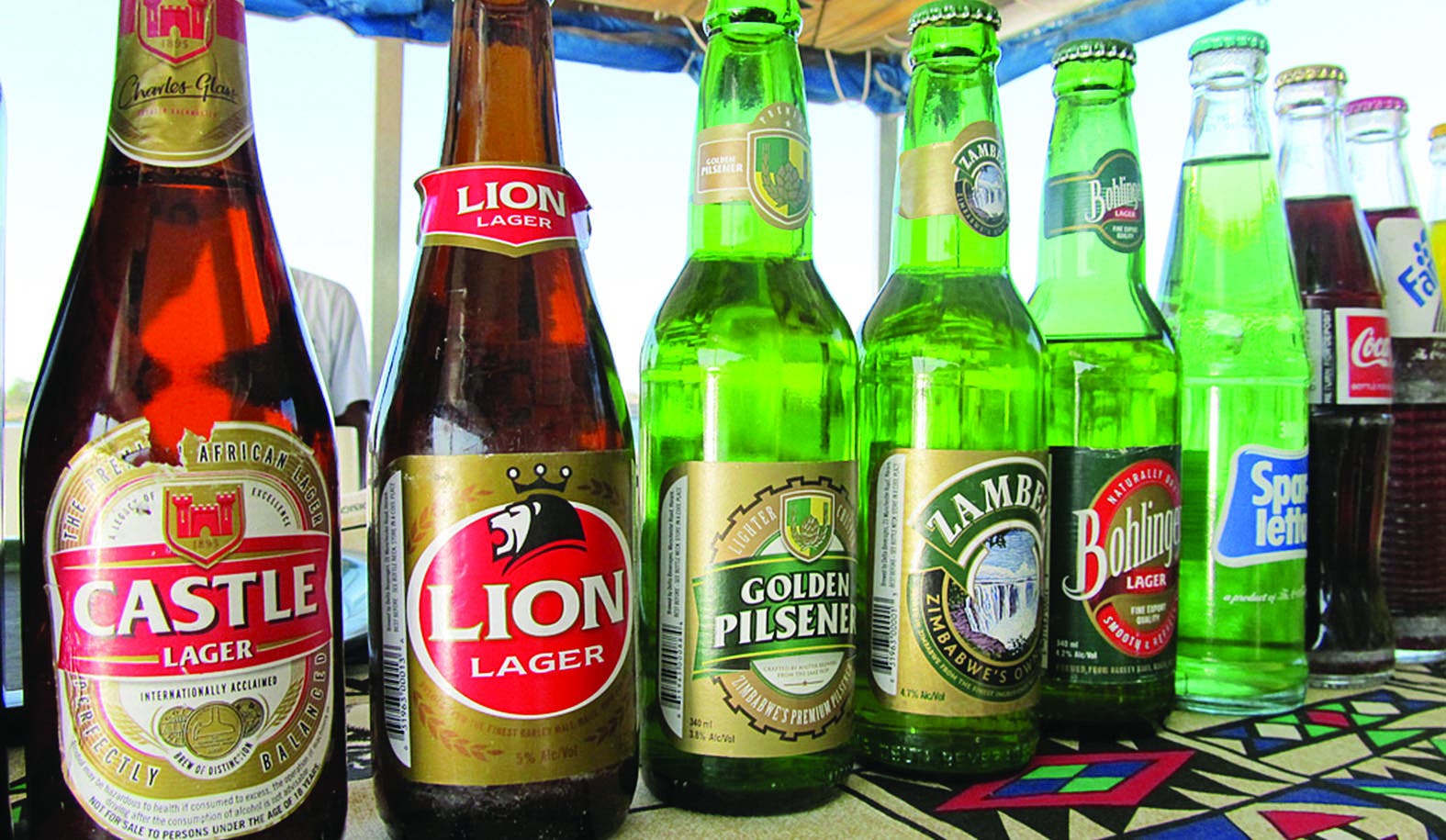‘Zim economic growth to outpace peers’
World Bank country manager Ms Mukami Kariuki, said in the report that if sustained, the anticipated economic growth will positively impact on the “lives and livelihoods of the people of Zimbabwe”.
ZIMBABWE’s economy will grow faster than its regional peers, the World Bank said in a recent economic update report on the country that projects agriculture driven economic expansion of 3,9 percent this year and 5,1 percent in 2022.
The multilateral lender’s country manager Mukami Kariuki, said in the report that if sustained, the anticipated economic growth will positively impact on the “lives and livelihoods of the people of Zimbabwe”.
The comments on the positive economic trajectory, already manifesting in budget surpluses, exchange rate and price stability as well as declining inflation, compare well with similar sentiment from the International Monetary Fund (IMF).
The IMF last week almost doubled its forecast for Zimbabwe saying the economy will grow 6 percent in 2021, from 3,1 percent previously, driven by a bumper crop harvest, after good rains, and increased power output.
“Zimbabwe’s economy is expected to grow faster than its neighbours, rising from 3,9 percent in 2021 to 5,1 percent in 2022. By comparison, the average growth rate for sub-Saharan Africa in 2021 is 2,8 percent,” Ms Kariuki said.
“So we note that the recovery of the country is on a positive trend and if sustained, will impact on the lives and livelihoods of people of Zimbabwe,” adding recovery was forecast to strengthen post the pandemic.
The World Bank believes that despite significant constraints to growth, recovery will be stronger in 2022 as the adverse impacts of the Covid-19 pandemic subside with increased deployment of vaccines globally.
According to the bank, economic growth this year will be led by recovery of agriculture as rains normalise, businesses adjust to limitations caused by the Covid-19 pandemic, and inflation slows down.
The bank also posits that Zimbabwe’s economy will get more growth impetus from rapidly progressing implementation of the medium term economic plan; the National Development Strategy 1 (NDS) policies bear fruit.
“Economic recovery is expected to strengthen further in 2022 with GDP growing at 5,1 percent as the deployment of vaccines intensifies and implementation of National Development Strategy 1 (2021-2025) bears fruits,” the World Bank said.
While very positive, the World Bank and IMF projections fall short of Finance and Economic Development Minister Mthuli Ncube’s more bullish forecast that Zimbabwe will achieve a 7,4 percent economic growth in 2021.
Zimbabwe’s economy will also gain momentum from fast declining inflation, by the central bank projected to fall from 182 percent in May 2021 to 55 percent next month, after touching a post dollarisation high of 837 percent in July 2020.
In her opening remarks at the launch of the World Bank’s “Third Zimbabwe Economic Update,” a fortnight ago, Ms Kariuki said the multi-lateral lender’s conservatism regarding growth reflected the higher level of risk that is anticipated in view of negative developments such as Covid-19 and as well as price and exchange rate developments.
“You will note that we share Government and businesses’ optimism about growth prospects this year and indeed for the next two years.” She, however, said that while the global lender was pleased with the positive developments and emerging trends there was need to double efforts to realise the forecast growth rates.
“Improving the country’s growth prospects will require further attention to policies that strengthen the quality of service delivery in the social sectors. Preserving lives during an unprecedented time protects livelihoods, strengthens social protection, improves food security, and ensures better education outcomes,” she said.
The World Bank believes the impact of the second wave of the pandemic in the period January to March, 2021 and uncertainty about a third and possible fourth wave could weigh heavily on the recovery of domestic and external demand.
“A prolonged pandemic, weaker global demand and heightened macroeconomic instability could choke economic growth, increase poverty, and worsen human capital development outcomes,” global lender said.
In addition, the World Bank believes that despite positive steps taken to stabilise prices, inflation is expected to remain significant in 2021, “subduing efforts to stabilise and unify the exchange rate in the medium-term”.
The World Bank also suggested that the acceleration of ongoing economic reforms, doing business conditions, and reengagement with international development partners would see growth higher at 4 to 5 percent in 2021.
According to this best case scenario inflation could also return to single digits in 2022, while poverty reduction would accelerate. In 2021, inflation is expected to fall from 55 percent in 2020 to 86 percent in 2021.
Maintaining price and exchange rate stability will require the Reserve Bank of Zimbabwe (RBZ) to limit the growth of monetary supply, primarily by avoiding monetary financing and all quasi-fiscal activities, the WB said.
The bank added that ensuring high transparency and accountability of monetary policy will be key to recovery.
“In addition, Zimbabwe’s recovery needs to be underpinned by policies promoting longer-term, structural economic transformation, such as reducing state interventions in the economy; lessening the regulatory burden; strengthening governance and anti-corruption; lowering barriers to regional trade integration; and removing forex retentions.
“Implementation of key policy reforms outlined in the recently approved National Development Strategy (NDS) will be a priority. Ensuring macroeconomic stability is, therefore, a sine qua non for supporting a private sector-led economic recovery and easing social conditions.” -herald.clz.w











